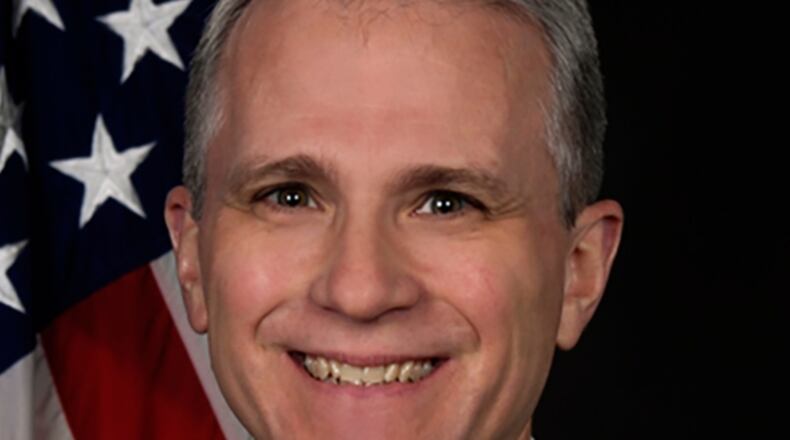Furthermore, with the increased telework situation, upturn in “virtual” meetings and stress of this year’s events, how we treat one another remains paramount to the Air Force leadership and mission.
“Why being respectful to your co-workers is good for business,” a TED Talks presentation by Dr. Christine Porath, describes how “good business” can take many methods of measurement, including the ability to meet the mission and not just to make a profit. It referenced several studies, including how incivility, defined as rudeness and a lack of courtesy or politeness, affected workplace performance in surprisingly impactful ways.
Of those who experienced incivility directed toward them, more than 60% cut back their efforts, 80% lost work time and 12% left their jobs. For those who witnessed incivility aimed at others, 25% exhibited worse performance and 45% produced fewer ideas. In addition, the March AFMC Connect discussed how disrespectful workplaces can result in a nearly 50% productivity reduction and increased reports of workplace harassment and bullying.
When words considered rude in nature are exchanged, people were more likely to miss information, took longer to make decisions and made more errors (including safety lapses) by a large margin. So lack of civility in a work area can have profound impacts to an organization’s efficiency and effectiveness.
We may not realize how uncivil actions are impacting people around us. Something that may be acceptable for one person, may not be so for others. Even simple actions like texting in meetings, checking email during a discussion or a lack of attentiveness can be interpreted as disrespectful.
Think about our current work environment with the increased use of virtual platforms. I admit I may not always be “fully present” during these meetings, and I am often tempted to multitask. It would be an easy and almost subconscious thing to do.
George Washington’s first rule of civility: “Every Action done in Company, ought to be with Some Sign of Respect, to those that are Present.” This should apply whether you’re in person or virtual.
To prepare for future challenges, I believe leaders (and we are all leaders in some way) should develop several practices that convey civility. One is “encouraging the heart.”
A very important skill for leaders to master is the art of actively listening to what people have to say. We must focus on hearing what’s being said in the moment instead of thinking about what to say next. This includes noticing and understanding nonverbal cues (tone, volume, gestures), which contribute much more to communication than simply the words that are said.
We should be open to different points of view, encouraging all to voice their concerns and ideas. In addition, everyone needs to know they will be heard, their input considered and timely feedback provided. When feedback is provided, choose words carefully to ensure the receiver obtains the right message.
The second practice is “model the way.” Leaders must convey and be clear about their guiding principles. They must be distinct on what they believe. However, words are not enough as leaders must align actions with values at all times. How we choose to spend our time is a simple, clear indicator of what’s important to us.
Another marker is our reaction to critical incidents such as chance occurrences and unexpected intrusions, especially in times of stress or change. Do we react to these stressors with civility?
Some of the reasons people fall short in civility include stress and fear of appearing too nice or weak, Porath says. We must strive to know ourselves, realizing we personify several people: who we are and who others, our leaders and subordinates (if applicable) think we are.
Porath’s research found that what we want most from our leaders is respect (more important than recognition and appreciation). Those who felt respected tended to be healthier, more focused and engaged, and exhibited greater retention of information. Those seen as civil are two times more likely to be viewed as leaders – and it’s resulted in higher performance.
As discussed during the March AFMC Connect topic, respectful workplaces result in improved communication, reduced stress, fewer conflicts, and increased productivity and mission readiness. Small things go a long way: actively listening, saying “thank you,” sharing credit, acknowledging others and, simply, smiling.
Bottom line, civility will strengthen the organization and community. We don’t always need to agree with one another, but we need to be civil, treating each other with honor, dignity and respect. Conflict is inevitable, but how we react to it is a choice, and we must do so respectfully and with civility.
You may be familiar with the “Golden Rule”: “Do unto others as you would have them do unto you.” Perhaps it is better to “treat others the way they would like to be treated,” which would strengthen our civility.
About the Author
